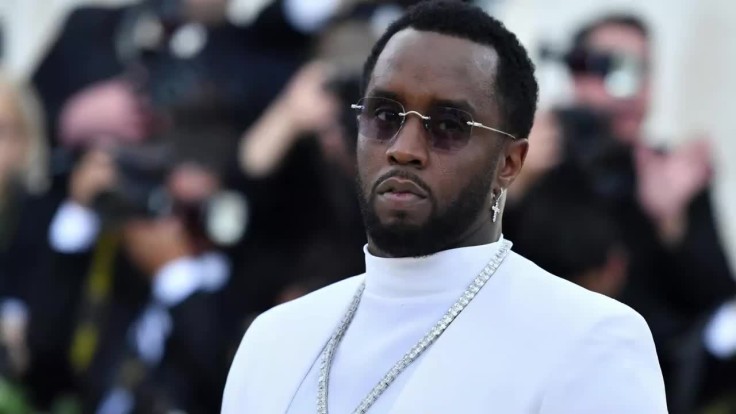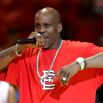
As Sean "Diddy" Combs' federal sex trafficking trial nears its end, a new AI-generated analysis suggests the odds are evenly split between conviction and acquittal.
Combs faces five serious charges, including racketeering conspiracy and two counts each of sex trafficking and transportation for prostitution. If convicted on all charges, the notoriety of the 55-year-old music titan could result in life plus 50 years of incarceration.
As cited by AllHipHop, artificial intelligence constructs, trained on government case determinations, courtroom rituals, and publicly available documentation, scrutinized the architecture of the litigation: 34 prosecutorial statements, no defensive statements, and considerable paper substantiation.
According to the AI model, "The case could go either way depending on how the jury interprets testimony and evidence."
The prosecution leaned heavily on testimony from ex-girlfriends, Cassie Ventura and a woman referred to as "Jane," who alleged abuse, coercion, and repeated trafficking across state lines.
The jury also viewed security footage from 2016 showing Combs physically assaulting Ventura in a Los Angeles hotel hallway.
But the AI flagged potential weaknesses. According to it, the defense opted not to call witnesses, signaling either confidence or strategic risk avoidance.
"That move often means the defense believes it has raised enough doubt through cross-examination," the model noted.
Former prosecutor Sunny Hostin offered a human counterpoint on The View: "While the government presented evidence suggesting potential Mann Act violations, I don't think they proved the more serious charges beyond a reasonable doubt."
The Legal Stakes: Perception vs. Proof
While the prosecution labored to depict Combs as a menacing schemer running a "criminal enterprise", his lawyers countered with doubt over erratic recollections and inconsistencies within eyewitness reports.
With closing arguments now wrapped, both legal teams have staked their claims on the jury's perception of witness credibility and narrative coherence. In the American justice system, "not guilty" does not imply innocence; it merely reflects that jurors could not firmly establish guilt based on the evidence presented.
Assistant US Attorney Christy Slavik told jurors, "The defendant used power, violence and fear to get what he wanted."
Meanwhile, the defense, led by Marc Agnifilo, argued that the government overreached into Combs' private life. "This isn't about crime. It's about money," Agnifilo said, noting that some accusers are also pursuing civil suits.
No way did 50 Cent just post this Ai clip featuring Diddy on his Instagram pic.twitter.com/07fWuG21q4
— Concerned Citizen (@BGatesIsaPyscho) June 13, 2025
Jury Deliberations Begin
On Monday, jurors, eight men and four women, will begin deliberating behind closed doors after receiving legal instructions from Judge Arun Subramanian.
Over seven weeks of testimony, they've heard graphic descriptions of "freak-offs," allegations of drug-fueled sexual coercion, and claims that Combs transported women across state lines to perform sex acts.
They now bear the burden of deciding whether those accounts constitute criminal conduct or consensual relationships distorted by fame and wealth.
According to the model's analysis, the case is too close to call. If the jury believes the witnesses and sees corroboration in the evidence, a conviction is likely for Combs. But doubts in testimony or overreaches in the prosecution's narrative could still lead to the disgraced music mogul walking free.
Originally published on Enstarz
© 2026 MusicTimes.com All rights reserved. Do not reproduce without permission.







